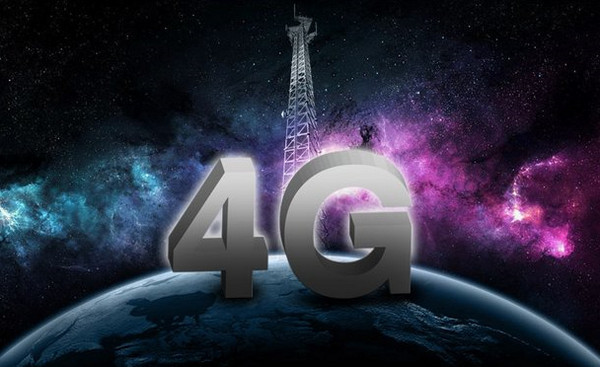Britain The 4G spectrum auction

No one had expected another bonanza, but George Osborne, a chancellor of the exchequer who needs the cash much more than Mr Brown did, had been counting on 3.5 billion pounds. The outcome might be less welcome to the Treasury, but it is better for the industry—and perhaps its customers, too.
譯文屬譯生譯世











